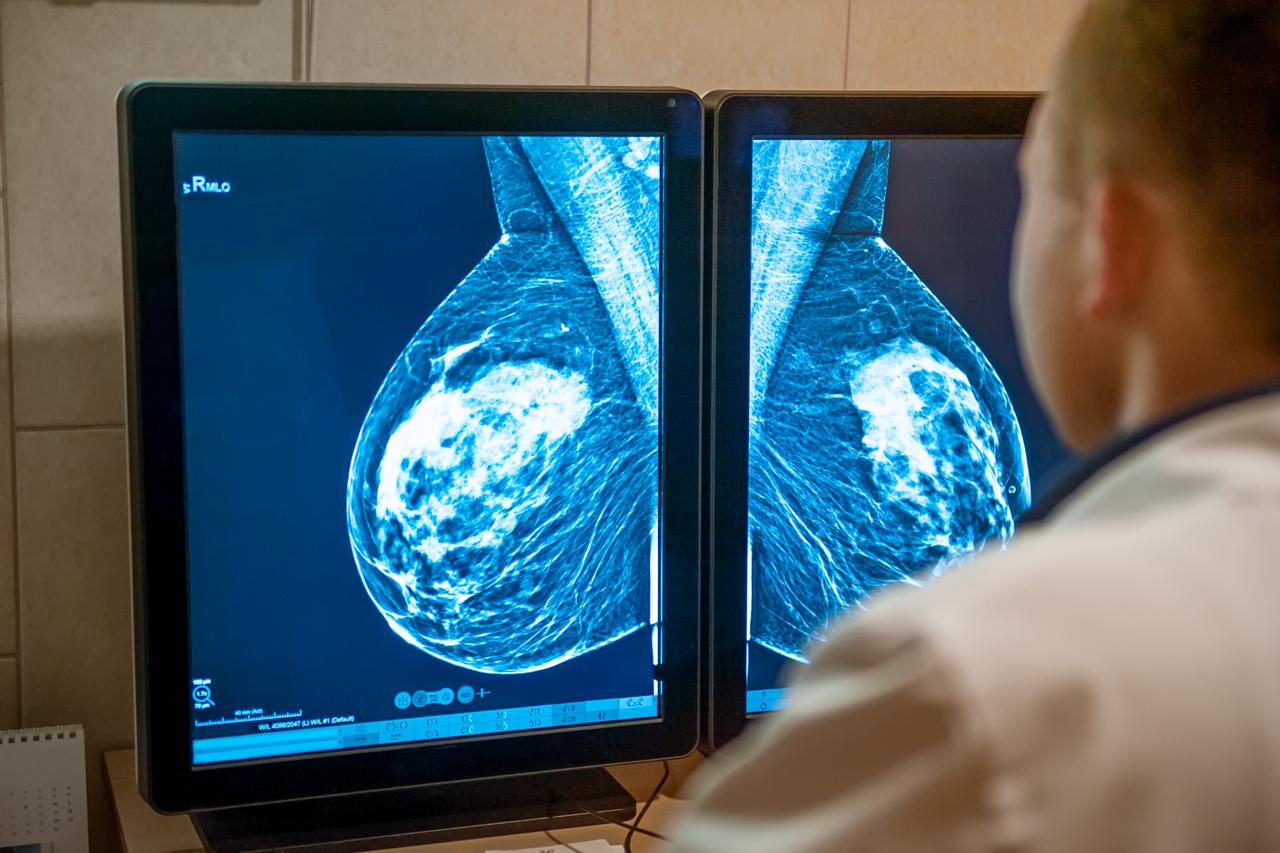
In Türkiye, about 27,000 women are diagnosed with breast cancer every year, and one in 18 faces the risk of developing the disease at some point in her life, according to data from the Ministry of Health.
The figures were released during “Breast Cancer Awareness Month,” marked each October to highlight the importance of prevention and early diagnosis.
Breast cancer remains the most common cancer among women worldwide and a leading public health issue. The disease typically begins in the milk-producing glands (lobules) or the ducts that carry milk to the nipple, though it can also form in the fatty or connective tissues of the breast.
Globally, the World Health Organization’s International Agency for Research on Cancer reports that around 2.3 million women receive a breast cancer diagnosis each year, accounting for nearly one in four new cancer cases among women.
In Türkiye, health authorities stress that early detection and regular screening are key to reducing mortality and improving outcomes for patients.
Breast cancer often develops silently in its early stages. The most common sign is a painless lump that gradually increases in size. Other warning signs include changes in breast shape or size, dimpled skin resembling an orange peel, bloody discharge from the nipple, redness or thickening of the skin, inward-turning nipples, or swelling around the armpit and collarbone area.
Health experts warn that any of these symptoms should prompt immediate medical consultation.
The risk of breast cancer is influenced by both genetic and environmental factors. Key contributors include smoking, obesity, alcohol use, sedentary lifestyle, and prolonged use of hormone replacement therapy after menopause. Women who have not given birth, who gave birth later in life, or who did not breastfeed are also at higher risk.
Certain genetic mutations, notably in the BRCA1 and BRCA2 genes, can significantly increase susceptibility. Prior radiation therapy to the chest area and hormonal factors such as early menstruation or late menopause are also associated with higher risk.
Health experts emphasize that maintaining a healthy weight, exercising regularly, eating a balanced diet, and avoiding tobacco and alcohol can help lower these risks.
Under the National Cancer Control Program, Türkiye provides free breast cancer screenings through a network of community health centers, Healthy Life Centers, Cancer Early Diagnosis, Screening and Training Centers (KETEM), family health centers, and mobile screening units.
Women aged 20 and above are advised to perform self-examinations every month. Those between 20 and 39 should undergo a clinical breast exam every two years, while women aged 40 to 69 are encouraged to have a clinical exam annually and a mammogram every two years.
Each breast cancer case is unique, and treatment is tailored to the patient’s age, stage of disease, genetic profile, and overall health. Main treatments include surgery, chemotherapy, radiotherapy, hormone therapy, and targeted or immunotherapy.
According to the Ministry of Health, survival rates can reach as high as 90% when the disease is diagnosed early. Currently, nearly 43% of new breast cancer cases in Türkiye are detected while still confined to the breast.